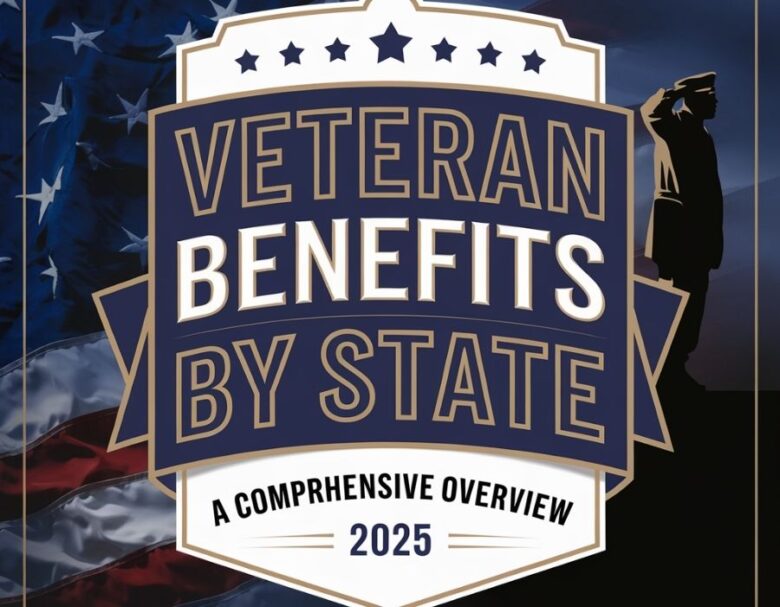State-Specific Veteran Benefits
While federal VA benefits are consistent nationwide, each state offers additional benefits to veterans residing within their borders. These state-specific benefits can significantly enhance the overall support package for veterans and their families.
Overview of Benefit Categories
Common State Benefit Types
- Education and training assistance
- Employment services
- Housing and property tax exemptions
- Healthcare and disability support
- Financial assistance and tax breaks
- Recreational benefits
State-by-State Benefit Highlights
| State | Notable Benefits | Unique Features |
|---|---|---|
| California | CalVet Home Loans, College Fee Waiver | Extensive mental health services |
| New York | Veterans Tuition Awards, Property Tax Exemption | Robust employment initiatives |
| Texas | Hazlewood Act, No State Income Tax | Special vehicle registration |
| Florida | Homestead Exemption, In-State Tuition Rates | Extensive VA healthcare network |
| Illinois | Veterans Cash Grant, Camping and Admission Fees | Dedicated veterans courts |
Education Benefits Across States
State-Specific Programs
- Texas: Hazlewood Act
- New York: Veterans Tuition Awards
- Wisconsin: VetEd Reimbursement Grant
- Illinois: MIA/POW Scholarship
- California: College Fee Waiver for Veteran Dependents
Housing Benefits and Property Tax Exemptions
State Variations
- Florida: Homestead Exemption for disabled veterans
- New Hampshire: Total tax credit for 100% disabled veterans
- Oregon: Disabled Veteran Property Tax Exemption
- Connecticut: Property Tax Exemptions based on service period
Employment Services and Preferences
State Initiatives
- Virginia: Virginia Values Veterans (V3) Program
- Washington: Veterans Employee Resource Group (VERG)
- Michigan: Veteran-Friendly Employer Program
- Arizona: Arizona Veteran Supportive Employer Program
Healthcare and Disability Support
State-Specific Health Programs
- California: CalVet Residential Homes
- Alaska: Alaska Veterans and Pioneers Homes
- Massachusetts: Statewide Advocacy for Veterans’ Empowerment (SAVE)
- Vermont: Vermont Veterans’ Home
Financial Assistance and Tax Benefits
State Tax Advantages
- New Hampshire: No income tax on military retirement pay
- Pennsylvania: Exemption of federal military retirement pay from state income tax
- Missouri: Income tax deduction for military pension
- Louisiana: State income tax exemption on U.S. military retirement benefits
Recreational Benefits for Veterans
Unique State Offerings
- Colorado: Free access to state parks for disabled veterans
- Maine: Free hunting and fishing licenses for disabled veterans
- Georgia: Free Georgia State Park passes for disabled veterans
- Minnesota: Reduced fees for state park permits and licenses
Frequently Asked Questions
Q: How do I find out about benefits specific to my state? A: Contact your state’s Department of Veterans Affairs or visit their official website.
Q: Can I receive benefits from multiple states? A: Generally, you can only claim residency and benefits in one state at a time.
Q: Do state benefits affect my federal VA benefits? A: No, state benefits are separate and do not impact your federal VA benefits.
Q: How often do state benefits change? A: Benefits can change annually; it’s important to stay informed about updates.
Q: Are there residency requirements for state benefits? A: Yes, most states require proof of residency to access their veteran benefits.
Conclusion
The landscape of veteran benefits varies significantly from state to state, offering a diverse range of support options beyond federal VA programs. By understanding and utilizing state-specific benefits, veterans can maximize their support and improve their quality of life. It’s crucial for veterans to research the benefits available in their state of residence or in states they’re considering moving to. Regular check-ins with state veteran affairs offices and staying informed about legislative changes can ensure veterans take full advantage of the benefits they’ve earned through their service.
Would you like me to continue with the next article about “How to File a VA Claim”?




